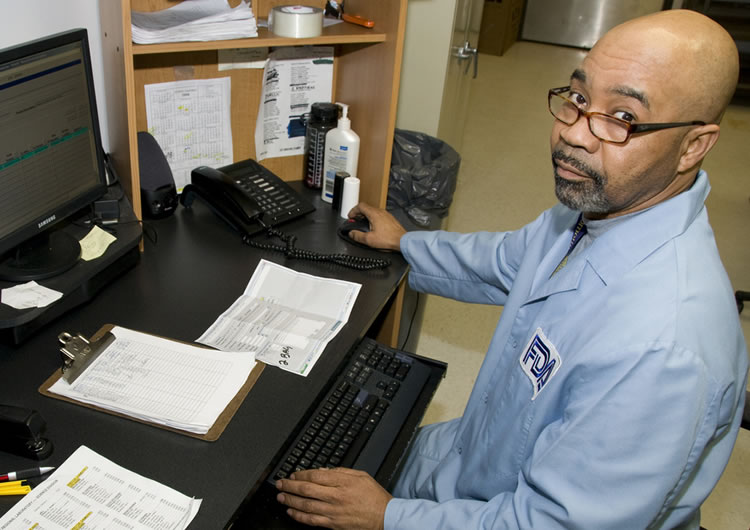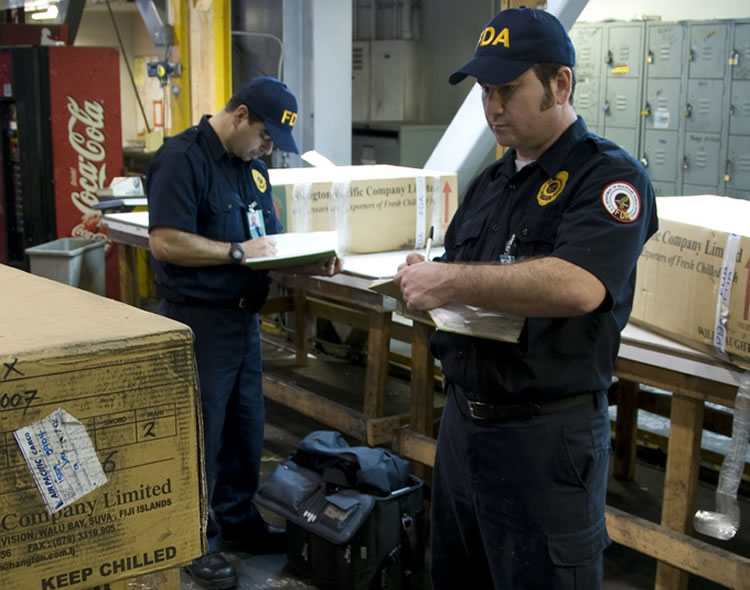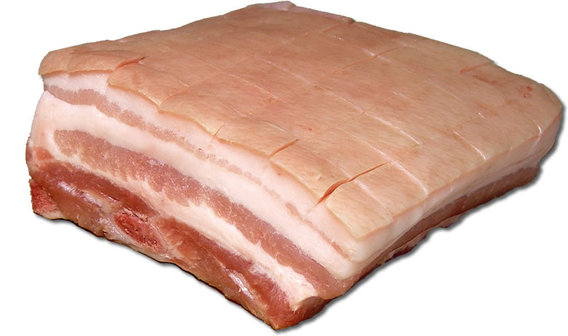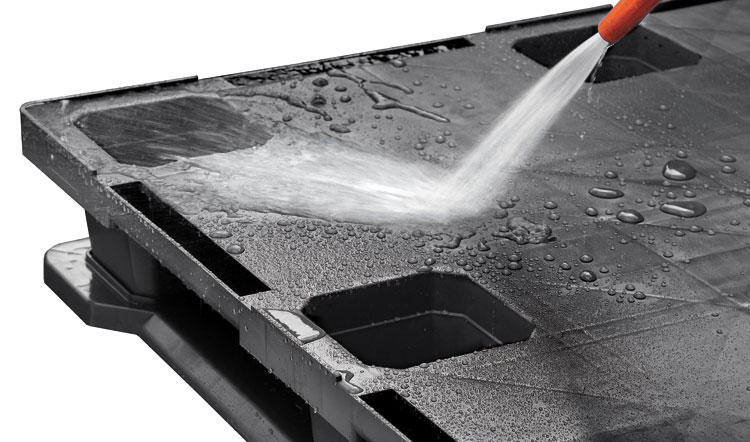|
“We did what you asked, now you actually want us to write it down too?” Yes. And, keep it in a file. And, have it available when the FDA inspector comes a calling. “What does the documentation aspect of the FSMA have to do with pallets anyway? Haven’t we got enough to worry about keeping track of our hand washing?” Well, let me explain more about the FSMA…
2 Comments
OK, kids, we've talked about the Food Safety Modernization Act (FSMA) and what it means to the pallet world in general terms, but it is time to get specific.
We know that the FDA has traditionally insisted that pallets be:
FSMA enforcement begins summer 2016. Are you ready?
The Food Safety Modernization Act is a group of regulations signed into law in 2011. The act is meant to apply the best available science and good common sense to prevent the problems in food production, storage and transportation that can make people sick. Here’s a hint that you might need an FDA pallet: you handle unpackaged food or other consumables. If you read my last post, you learned that in some food applications you don't always need a blue FDA pallet. But, even when an FDA pallet is not required, the FDA still wants pallets to be:
Easy enough to comply for the packaged stuff. But, the rules change if you intend to use your plastic pallets for full product contact. Has searching for an FDA approved plastic pallet left you with confusion and sticker shock? Save money (and avoid buying the wrong pallet) with these tips for understanding what the FDA really wants in your pallet application.
|
Call Us: (410) 477-3000
Headquartered in Baltimore since 1918 Nelson Company is a trusted source for pallets & packaging materials.
NelsonCompany.com Is your packaging system costing more than it should? Find out how you can start saving with an analysis from Nelson Technical Center.
Our own web-based software for reverse distribution. Nelson-ART™ manages the entire life-cycle of your packaging assets.
|
Tech CenterThe Nelson Technical Center finds savings. Solutions for the design, supply and recovery of transport packaging.
(443) 649-1049 |
Wood SalesCustom wooden pallets and crates are our specialty. Ask us about wood manufacturing, repair and recycling.
(410) 477-3000 |
|









 RSS Feed
RSS Feed
